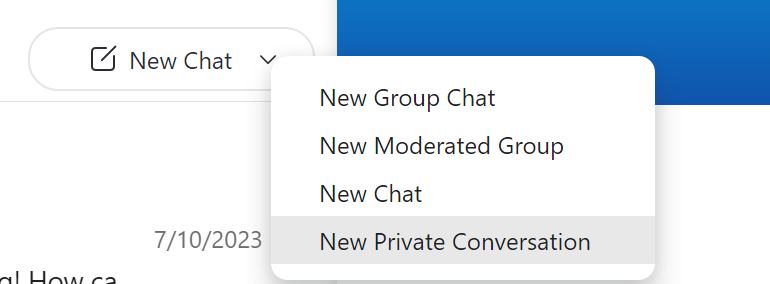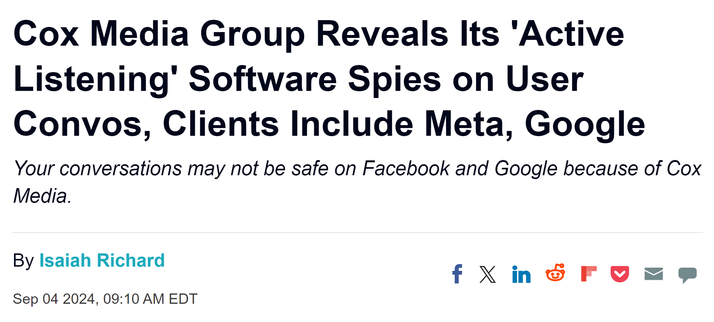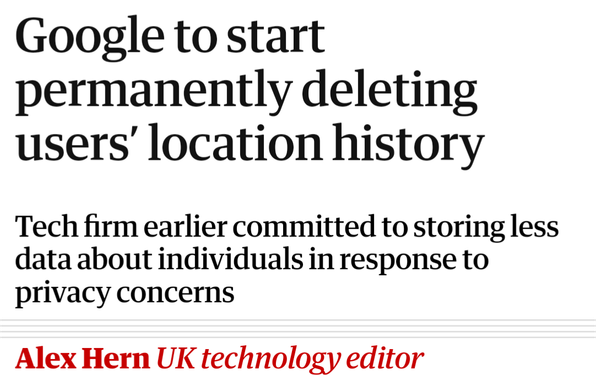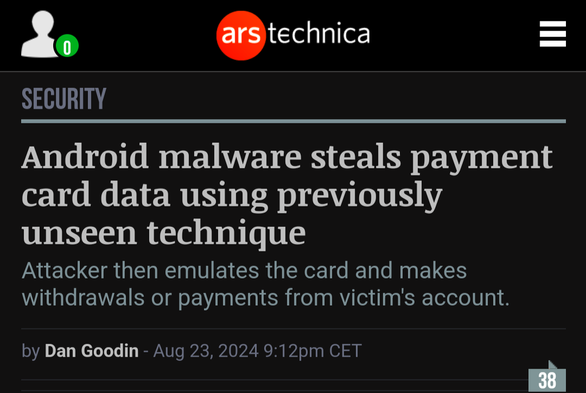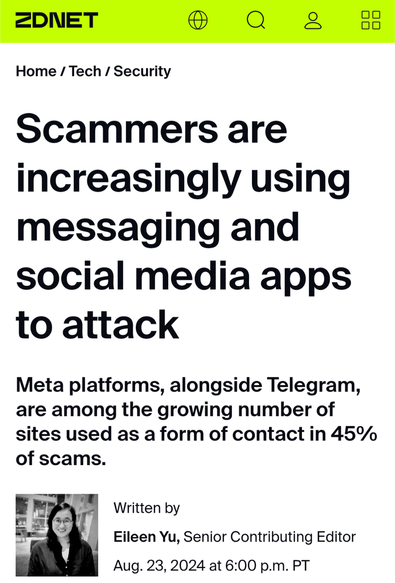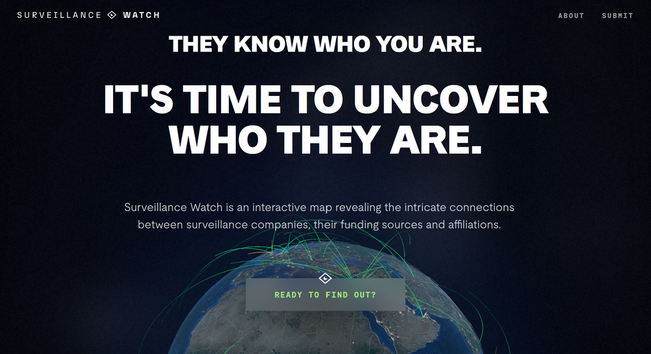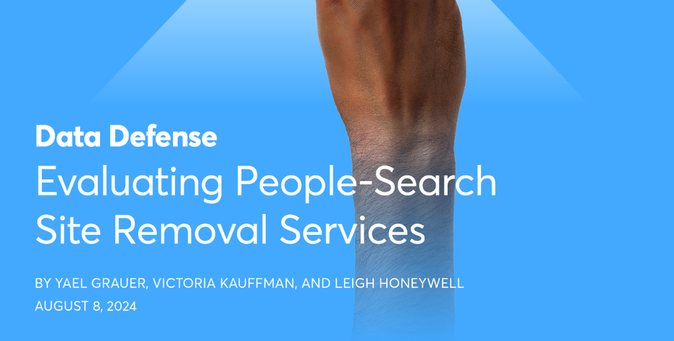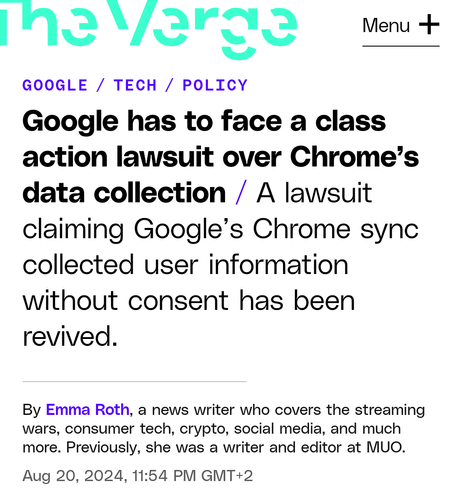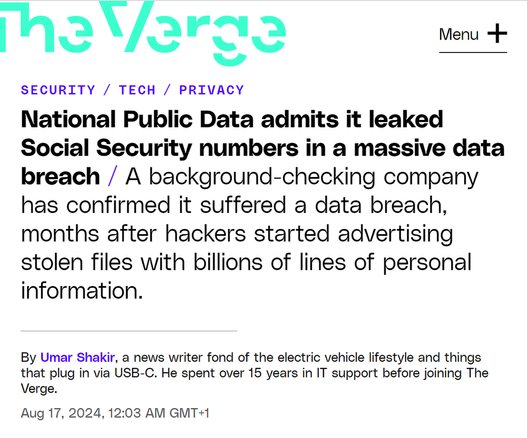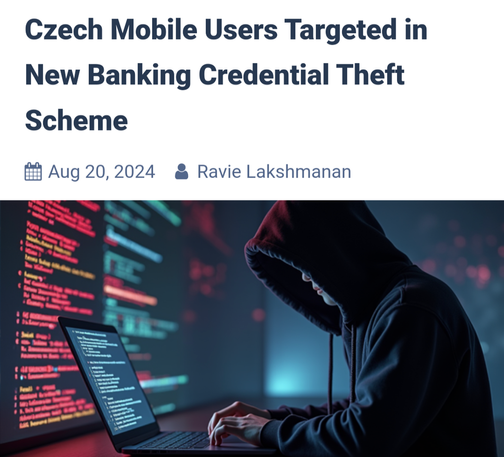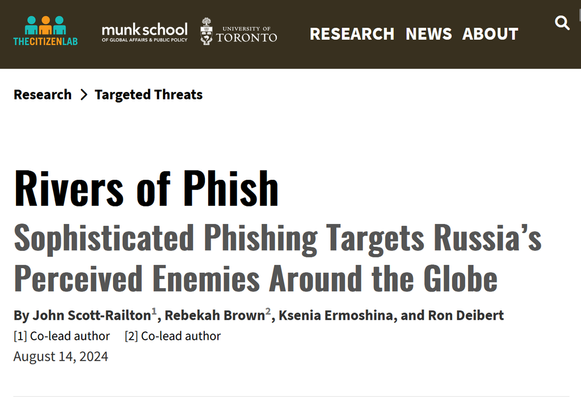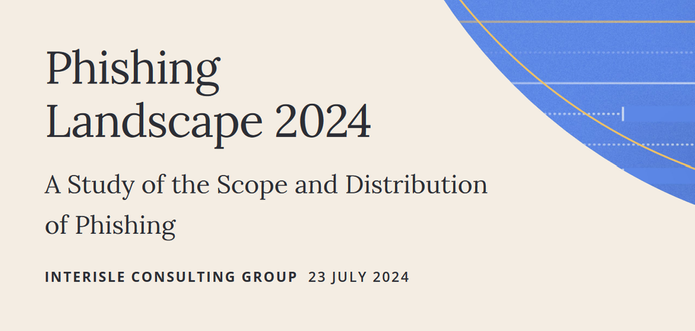On Saturday, Pavel Durov, founder and CEO of Telegram, was arrested in Paris. A lot of people, including in the media, are writing a lot of inaccurate things about Durov and Telegram, so this is a good opportunity to clarify some things:
- Telegram is often described as an "encrypted messenger". Actually, Telegram is not any more encrypted than Skype: both Skype and Telegram are, by default, *not* encrypted from end-to-end. This means that the Telegram team can read/listen to all the conversations you have on Telegram, and can give access to these conversations to anyone they wish. And like Skype, Telegram offers a "secret chat", which *is* end-to-end encrypted, but most users don't even know about the feature. In fact, Skype uses an encryption algorithm that is far more trusted by cryptographers… So if you're looking for privacy, Telegram is just not it. Signal is the gold standard when it comes to private communications, but even Skype is a better option than Telegram.
- It is not Telegram's "encrypted" :eye-roll: features that led to Durov's arrest. None of the encrypted messaging apps out there face similar charges as Telegram (though for example WhatsApp has many more users and is end-to-end encrypted by default). Durov was arrested because Telegram is, in addition to a messaging app, a social network. It offers "channels" that can be followed by millions and "super groups" that can have hundreds of thousands of members. Telegram's social networking features have no moderation. This means that Telegram has become a cesspool of conspiracy theories and incitement to violence. But like all social networks, it is bound by laws around moderation to prevent harassment, cyberbullying, violence, and spread of fake news. So the arrest may be unexpected but it makes sense.
We'll see what the case on content moderation brings, but this is an opportunity to remember that even when it comes to privacy, Telegram is a terrible company: it's not just terribly insecure, it has also misled millions of people into thinking their communications were private while they're just using a better-looking and less secure version of Skype.
#Privacy #CyberSecurity #DigitalSecurity
